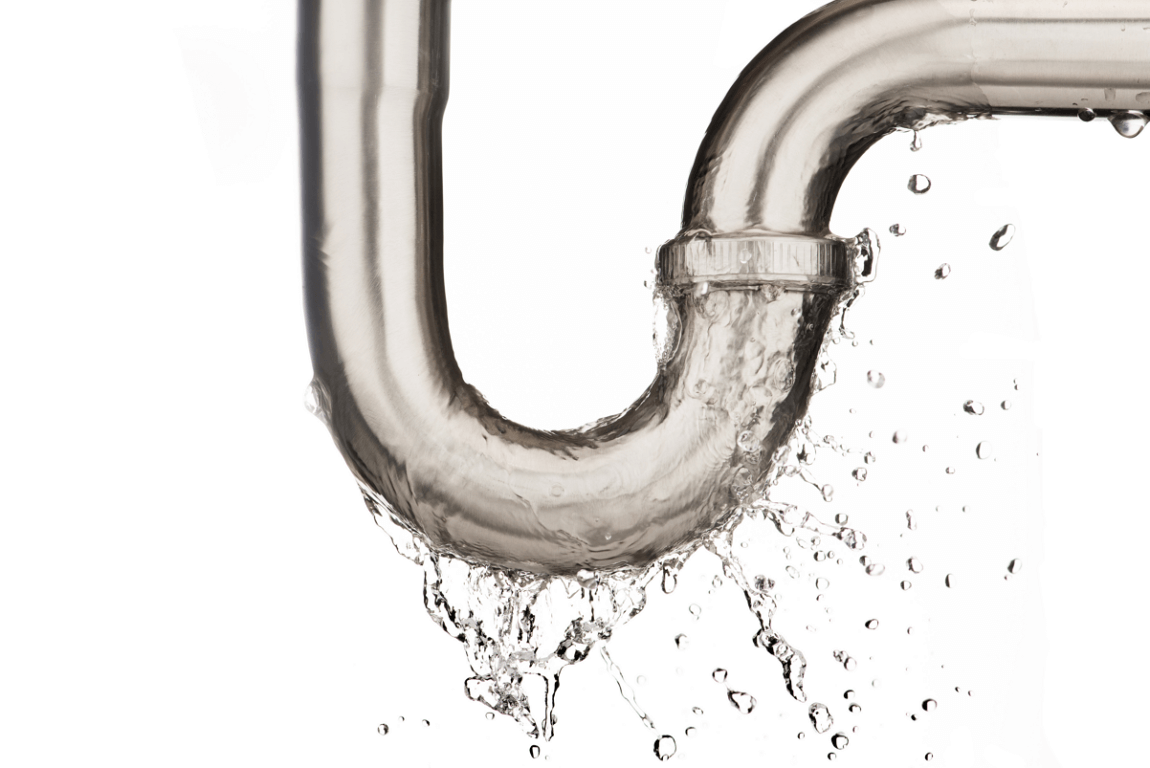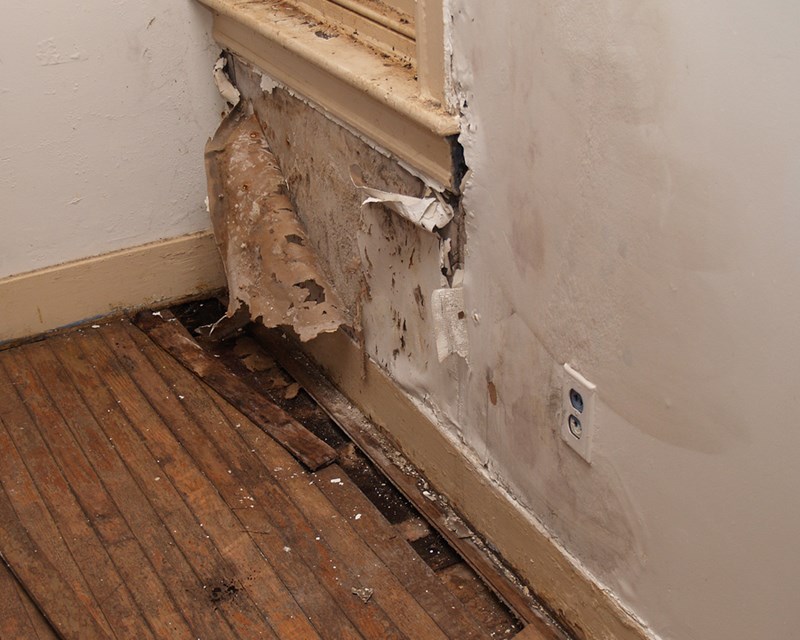5 Regular Water Leak Sources
5 Regular Water Leak Sources
Blog Article
The article following next pertaining to Common Causes of Water Leaks in the Home is immensely informative. Don't bypass it.

"Be careful of little costs. A tiny leakage will sink a great ship." - Benjamin Franklin.
He could not have actually been extra appropriate due to the fact that water leakages in our homes lead to a waste of sources, increasing our water expenses. This increase may seem negligible at initially, it can lead to significant expenditures that can damage your bank. Other than a rise in expenses, water leaks additionally create undesirable organic development, structural damage, as well as even electric risks.
Finding out if you have a water leak isn't always very easy as a result of being not able to see a lot of the pipework in your home. If you have had a boost in your water expenses recently, saw water discolorations on ceilings and walls, smelt lousy odor, and so on. You might intend to take into consideration asking for plumbing solutions to get it checked out.
There are several reasons for water leakages, as well as we have actually put together the common factors below. Check to see if you have had relevant problems in your house just recently.
Deteriorated pipe joints
Pipeline joints are the components of our plumbing system where the pipes connect. It is important to keep in mind that even though pipes are designed to stand up to stress and last for a while, they weren't developed to last for life; as a result, they would wear away over time. A typical indication of harmed pipeline joints is excessive sound from taps.
High water stress
You discovered your house water stress is higher than typical but after that, why should you care? It's out of your control.
It would be best if you cared since your average water pressure need to be 60 Psi (per square inch) as well as although your house's plumbing system is developed to withstand 80 Psi. A rise in water pressure can put a stress on your home pipelines as well as bring about fractures, or even worse, burst pipes. Get in touch with a specialist about controling it if you ever before discover that your house water pressure is greater than typical.
Rust
As your pipework ages, it obtains weaker and a lot more at risk to rust after the constant flow of water via them, which can eat away at pipes and create cracks. A visible indicator of deterioration in your house plumbing system is discoloration and also although this could be difficult to identify due to a lot of pipelines hidden away. Once they are old to make sure an audio plumbing system, we recommend doing a frequent appointment every few years as well as change pipes
Blocked drains
Food particles, dust, as well as grease can create stopped up drains pipes as well as block the flow of water in and out of your sink. If undealt with, increased pressure within the seamless gutters can create an overflow as well as end up splitting or bursting pipelines. To prevent blocked drains in your house, we suggest you to avoid pouring particles down the drain and routine cleansing of sinks.
Broken seals
One more root cause of water leaks in residences is broken seals of residence appliances that use water, e.g., a dish washer. When such devices are mounted, seals are installed around water adapters for simple passage of water via the maker. A damaged seal can create leak of water when in use.
With little or no knowledge of plumbing, understanding your residence's plumbing system sufficient to repair a few of these issues (without effect) can be a headache. Contact plumbing specialists in Pittsburgh, Providence, Rochester, and also environ today, and also they'll make those issues vanish.
He could not have actually been much more ideal because water leaks in our residences result in a waste of sources, raising our water costs. If you have had a boost in your water costs recently, noticed water discolorations on ceilings as well as wall surfaces, scented poor odor, and so on. A rise in water stress can place a strain on your residence pipelines as well as lead to splits, or even worse, ruptured pipelines. An additional cause of water leaks in houses is damaged seals of home devices that make use of water, e.g., a dishwashing machine. When such appliances are installed, seals are installed around water adapters for simple passage of water through the machine.
5 TIPS IN DETECTING A WATER LEAK IN YOUR HOUSE
Water leaks can be hard to find in your home, yet they can be so common. We rely on water every day in our home, which is why a leak can cause big problems. By detecting them early, you can save money and further damage, getting the problem fixed as soon as possible. Here are 5 tips to help you detect a water leak in your home, so you can contact a plumber straight away and get the issue sorted.
Check your water meter
Many people underestimate the value of the water meter in their home. It can be one of the best ways to tell if you have a leak early on, so you can get on top of it before issues start arising. Start by turning off all the water in your home: taps, washing machine, dishwasher, etc. Now take a look at the meter – if it’s still changing with everything turned off, it’s likely you have a fast-flowing leak that you need to get on top of straight away. If nothing changes, then leave your meter for an hour or two and come back to it. Did it change in this time? It’s likely you have a slower leak, which isn’t as urgent but still handy to get fixed so it doesn’t become a bigger problem.
Keep an eye on your bill
Another good way to detect a leak in your home is by keeping an eye on your water bill. It helps if you have a past bill from the same period of time. You can compare like for like and determine whether your water usage has increased significantly. If it has, there may be a leak in your system that you haven’t picked up before. A professional plumber can check through all of your pipes and determine where it is coming from.
Look for damage
If you have a leak inside your home, you will notice damage over time. Take a look at your showers and bathtubs and note whether any of the tiles surrounding the area seem to be discoloured or damaged in any way. There may be water stains, mould or peeling material that has resulted from a build up of moisture over time. Make sure you take a look under sinks at the back of cupboards that don’t get accessed regularly. This is where damage can go unnoticed and build up over periods of time.

I recently found that content about How to Find and Prevent Water Leaks in Your Home while looking around the internet. Do you know about anybody else who is fascinated about the niche? Do not hesitate to promote it. Many thanks for your time. Please come visit our website back soon.
Schedule Today Report this page